In response to a recent call by the Economic Community of West African States (ECOWAS) and West African Ministers of Agriculture and Food, CORAF is making considerable tweaks to its programmatic priorities to support smallholder farmers, seed businesses, and seed cooperatives that are being increasingly hurt by COVID-19.
Vulnerable farmers, businesses, and decision-makers are central to the CORAF COVID-19 Emergency Seed Support Initiative. With the help of national seed systems in ECOWAS-member countries, the CORAF intervention would be implemented through an online system. The digital system will garner, store, and disseminate critical seed related information on the availability of breeder, foundation, and certified seeds in each country, the access points, accessibility, the quality, traceability and market related information.
Individual countries have adopted stringent measures in a bid to contain the Coronavirus. This ranges from partial or total containment of populations, limiting the mobility of people, closing borders, and closing urban, peri-urban, and rural markets, thus disrupting the food supply and demand chain.
ÔÇťWhile these measures have had positive effects on slowing down the spread of COVID-19, the unintended consequences have included an increase in prices for basic commodities, inadequate access to food for vulnerable people, a drastic drop in the marketing of perishable products, higher transport costs, difficult access to seeds, fertilizers, plant protection products, and rarefaction and high cost of agricultural labor,ÔÇŁ says His Excellency Sekou Sangare, the ECOWAS Commissioner of Agriculture, Environment, and Water Resources.
Stemming the Hunger Crisis Lurking on the Horizon
With its track record of delivering on quality seeds, CORAF has developed this emergency measure which primarily ensures there is updated information on the availability of breeder, foundation, and certified seeds. The system will contain information on the available quantity, where it is found, with what businesses or cooperatives and the challenges of taking them to the market or where there is demand. The overarching objective is to stem the hunger crisis lurking on the horizon.
More than 15 million people were already affected by the difficult food situation, according to the Food Crisis Prevention Network (RPCA), an initiative of the  Sahel and West Africa Club. Even before COVID-19, the food system in West Africa was already affected by a challenging climate, a security crisis, the fall armyworm, and locusts attack.
This figure could, in a context without COVID-19, exceed 17 million people during the period between June-August 2020, according to the RPCA data.
The RPCA comprises the leading players of the West African food and nutrition system. It tracks the food and nutrition situation in West Africa and the Sahel, and Cameroon and publishes critical information for decision making and action by policymakers and program implementers as well as the private sector.
What is in CORAFÔÇÖs Intervention?
CORAFÔÇÖs intervention is designed to effectively link quality seed producers with farmers desiring such seeds by developing an up-to-date information system on seed systems.
The system will not only enhance farmerÔÇÖs access to improved quality seeds and planting material but also help farmers understand better the impact of COVID 19 crisis on lives and livelihoods.
The information will initially involve cereals such as maize, rice, sorghum, millet, cowpea, and groundnut to be expanded to roots and tubers like cassava, yam, and potatoes.
The emergency seed and planting materials support initiative will cover all 15 ECOWAS countries, plus Chad and Mauritania. It will be aligned with and complement the products designed for the West Africa COVID-19 Fertilizer Watch led by the International Fertilizer Development Center (IFDC).
This COVID-19 response is to ensure that there are no restrictions on the imports, distribution, and use of quality seeds by farmers, producers, and other users. The ultimate goal is to strengthen the resilience of the sub-regionÔÇÖs agricultural system and to prevent a food crisis.
ÔÇťEarly generation and the certified seeds should not be banned or subject to any restriction on their production, distribution, and use by producers during the duration of the pandemic and beyond,ÔÇŁ says Dr. Yacouba Diallo, a seed expert with decades of experience on the seed sector in West Africa.
IFDC is already serving farmers, producers, decision-makers, and other key actors with critical information on fertilizers. CORAF intends to work in close collaboration with other inputs actors to ensure the integrated delivery of inputs.
The Partnership for Agricultural Research, Education and Development, a quality seed delivery intervention led by CORAF and funded by USAID West Africa, will be responsible for data collection, clearance, and dissemination to farmers, seed businesses, government officers, and other key partners.
Also read:
 English
English
 Fran├žais
Fran├žais 
